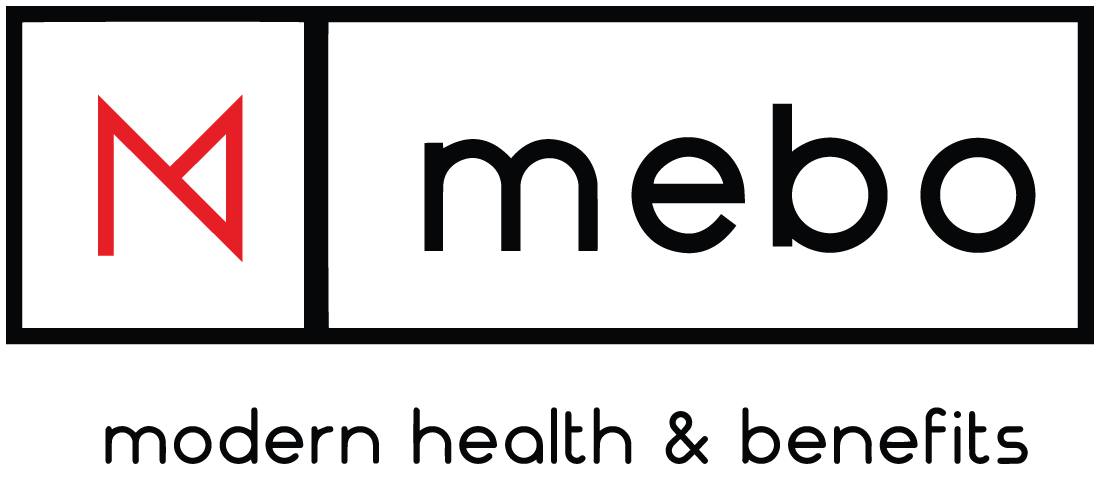IRS Provides Guidance on the New COBRA Subsidy
On March 11, 2021, the President signed the American Rescue Plan Act (ARPA) into law. This law includes a 100% COBRA subsidy aimed at providing health insurance coverage to over two million Americans that were laid off during the COVID-19 pandemic.
While many U.S. workers will benefit from the new COBRA subsidy, employers have struggled to understand the new law and what it means for their business. On April 7, 2021, the U.S. Department of Labor issued guidance and model notices to help employers comply with COBRA subsidy requirements. More recently, the Internal Revenue Service (IRS) released Notice 2021-31, which provides further guidance and answers to questions regarding eligibility, election period, Outbreak Period extensions, and payroll tax credits.
Eligible Health Plans
The COBRA subsidy applies to all group health plans sponsored by private-sector employers or employee organizations subject to COBRA under the Employee Retirement Income Security Act of 1974 (ERISA). It also applies to health plans sponsored by state or local governments subject to the continuation provisions under the Public Health Service Act.
Determining Eligibility for the Subsidy
Individuals must be enrolled or become eligible for COBRA on or after April 1, 2021 and before September 30, 2021 to qualify. Individuals that became eligible for COBRA before April 1, 2021 and did not elect coverage may also qualify if they have an 18-month COBRA period. These individuals must elect coverage within 60 days following receipt of their subsidy notice.
All individuals that experience a loss of employee health coverage due to involuntary termination or reduction of hours within the specified time period are eligible for the subsidy. However, employees terminated for gross misconduct do not qualify.
The IRS Notice defines involuntary termination of an employee as “a severance from employment due to the independent exercise of the unilateral authority of the employer to terminate the employment, other than due to the employee’s implicit or explicit request, where the employee was willing and able to continue performing services.” Notice 2021-31 provides examples of events that would make an individual eligible for coverage. The notice also provides guidance on which situations might make an employee ineligible for the subsidy.
According to the IRS Notice, employees that experience a reduction in hours resulting in loss of health insurance coverage will qualify for the COBRA subsidy, regardless of whether the reduction in hours was voluntary or involuntary.
Payroll Tax Credits
The COBRA subsidy is paid to employers as a tax credit against their portion of Medicare taxes. Employers can claim the tax credit on their quarterly IRS Form 941 or in advance using IRS Form 7200. Payees are eligible to receive a tax credit equal to the amount charged for COBRA premiums per quarter.
Employers should review the IRS guidance as well as the DOL model notices for more information about the COBRA subsidy.
MEBO offers employee benefit plans, custom-tailored to the needs of our clients. Please contact us for information about our services.



